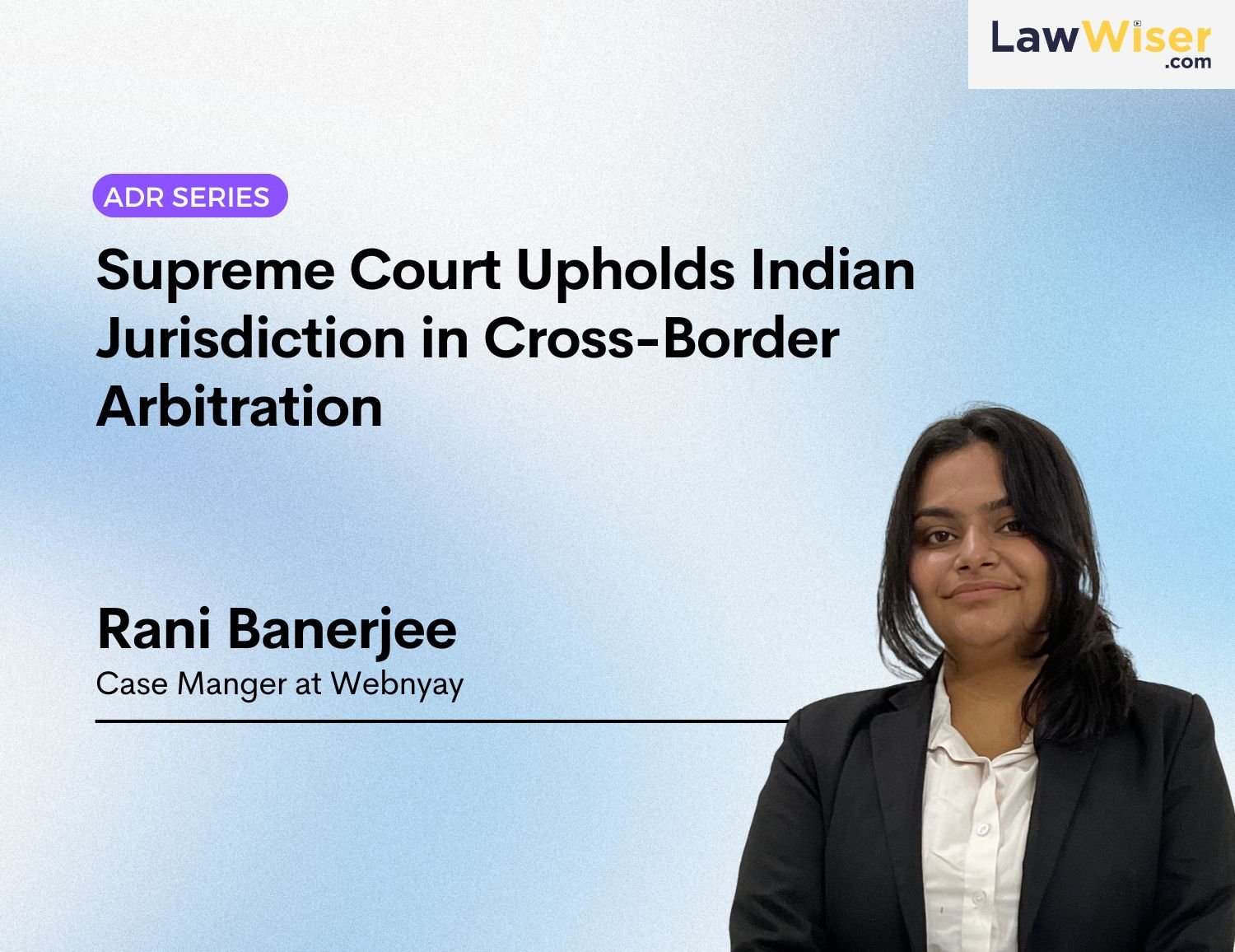Legal precedent in India refers to the principle that decisions made by higher courts in earlier cases serve as binding or persuasive authority in subsequent cases with similar facts or legal issues. It is a fundamental aspect of the common law system, ensuring consistency, predictability, and coherence in judicial decision-making. In India, legal precedent is established primarily by the judgments of the Supreme Court of India and various High Courts, which serve as authoritative interpretations of law and establish legal principles to be followed by lower courts. Precedents are categorised into two types: binding precedents and persuasive precedents. Binding precedents, also known as stare decisis, are decisions that must be followed by lower courts within the same jurisdiction. These include decisions of higher courts on points of law that are directly applicable to the case at hand. Persuasive precedents, on the other hand, are decisions from courts in other jurisdictions or from lower courts within the same jurisdiction that are not binding but may be considered as persuasive authority in the absence of binding precedent. Legal precedent plays a crucial role in the development and application of law, ensuring that legal principles evolve incrementally over time through the accumulation of judicial decisions and interpretations.
Don’t have an account? Sign Up
Legal Precedent
 June 8, 2024
June 8, 2024
Share
Write a Reply or Comment Cancel reply
CONTINUE READING
TWITTER FEED
- Congratulations to @VivekSoodDelhi for being recognised as ‘Emerging Senior Counsel of the Year’ at #UKILP… https://t.co/oHwBtL5geH
- Wishing you a Merry Christmas and a Happy New Year from all of us at LawWiser!#christmaseve #newyears https://t.co/ax6VOHyUcj
- Watch @AvaniShukla27, Associate- Content & Collaborations, LawWiser to learn about the recent landmark verdict give… https://t.co/OZnf0Z9PJr
- We are delighted to share that our Co-founder @LavanyaBehl1 is featured in the 30 people to watch in the… https://t.co/wmMrtvduKk
- Sanjeev Sachdeva has rejoined Luthra and Luthra Law Offices India Leadership team as Mentor and Partner. Read More… https://t.co/7F1M8p4w23
LINKEDIN FEED
- See you tomorrow at LawWiser Sip & Paint event, Co-hosted by Desai & Diwanji. #legal #law #lawfirm
- Wishing you a Happy Republic Day from all of us at LawWiser! #republicday #constitutionofindia
- Catch a glimpse of the vibrant moments from our previous Sip & Paint event.#legalevents #lawfirm #generalcounsel
- Exploring Essential Business Documents! In our latest video, we delved into crucial documents vital for every business journey: https://lnkd.in/d-vYuDDs
- From shaping ethical business practices to ensuring social justice, law plays a pivotal role in our world. Get ready to explore how legal frameworks empower businesses and create positive societal change.#staytuned #legal #lawforchange #changemakers











 September 2, 2025
September 2, 2025 0 COMMENTS
0 COMMENTS


